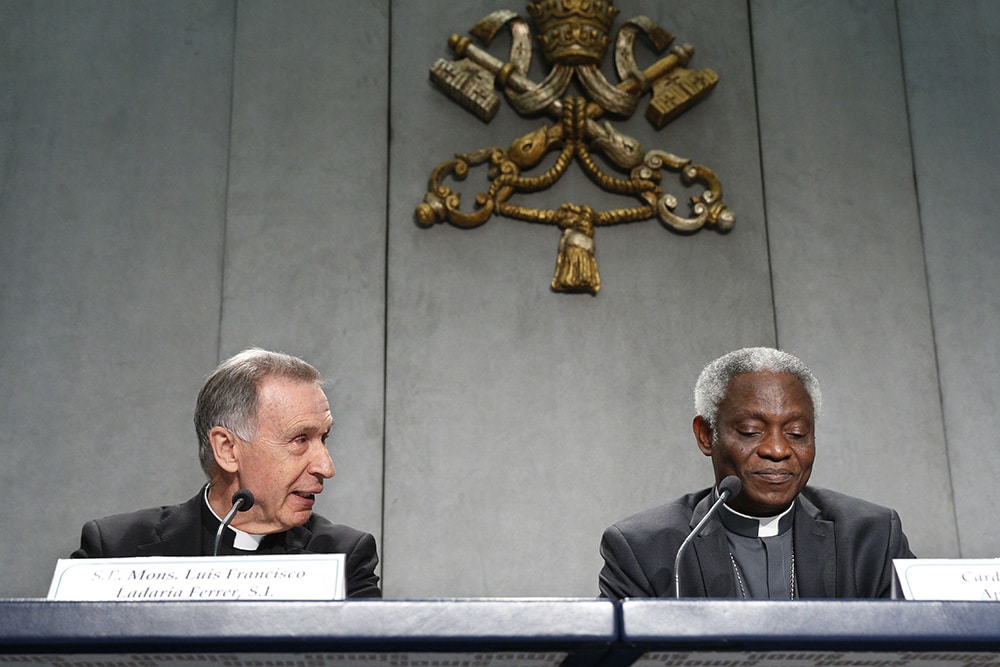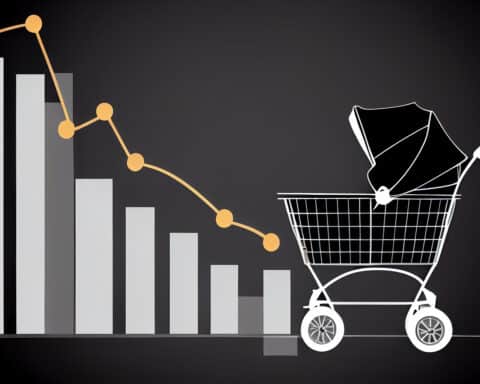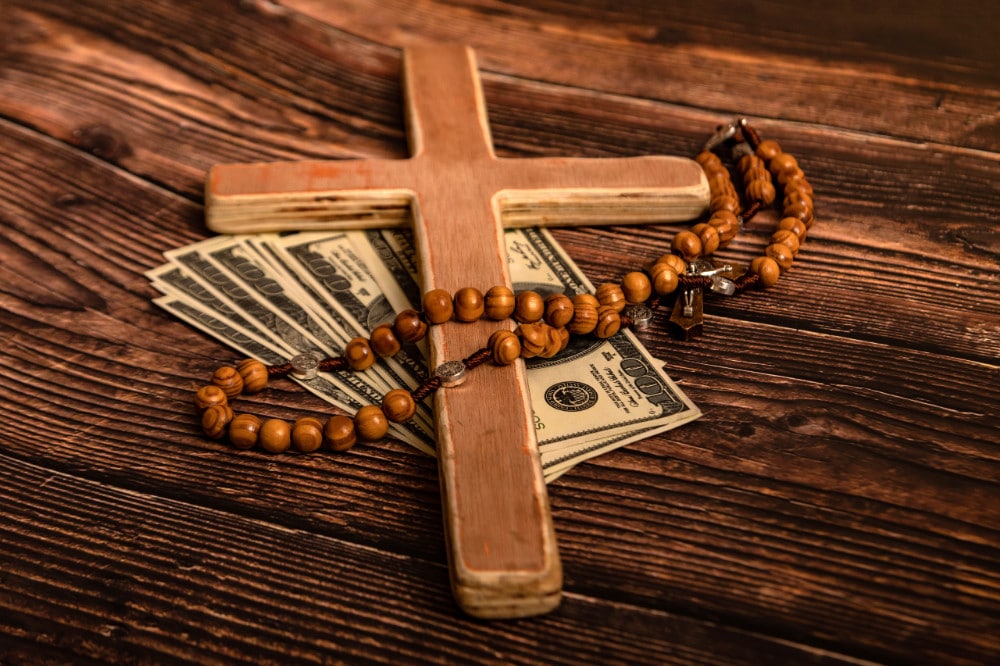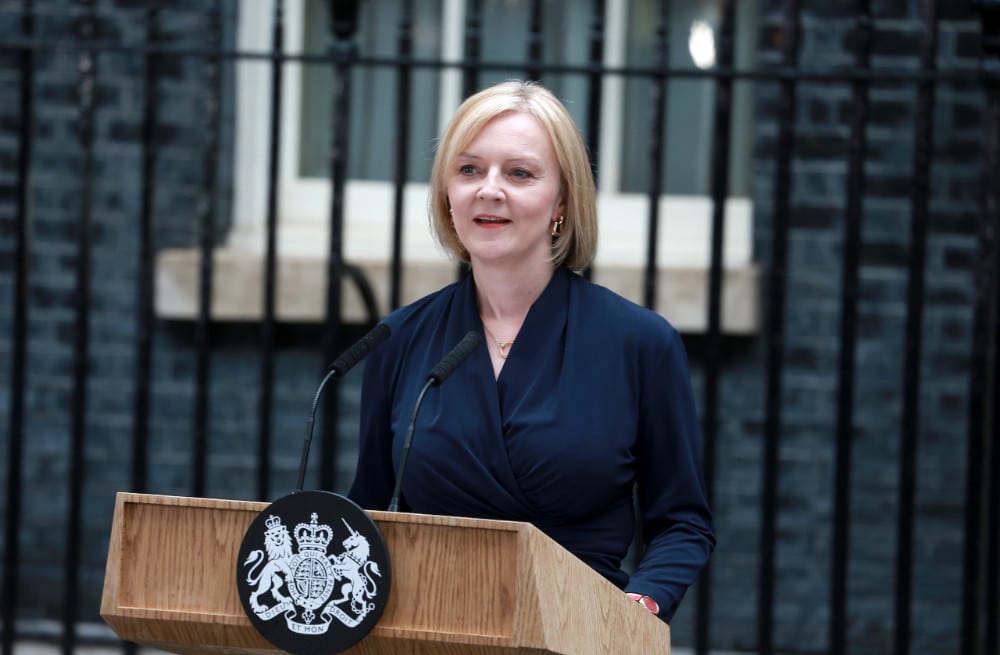There’s a strange tension to the new document Oeconomicae et Pecuniariae Quaestiones, a joint effort of the Vatican’s Congregation for the Doctrine of the Faith and its Dicastery for Promoting Integral Human Development, which was released May 17. On the one hand, a document that results from the collaboration of these two Church entities (dealing with questions of doctrine and social justice, respectively) is of pressing importance, something every Catholic should probably know. On the other hand, a document that makes its focus the ethics of global financial systems can seem remote and abstract. The Catholic in the pew might ask, how do I fit into all of this?
But fitting into a global system is precisely the point. The economy should serve all people and aid in their development, the Vatican argues. Every person has a part to play. And decisions involving the economy impact “the authentic well-being of a majority of the men and women of our planet” (No. 6).
Here are three takeaways from the document for how Catholics can live out its important message of promoting ethical global finance:
1. Get educated
The document makes clear that today’s world has an understanding of the human person that is limited to his or her ability to consume (No. 9). The Church calls for integral human development, meaning a society governed by decisions that promote the flourishing of the whole human person. To promote such a moral framework, the document suggests education/formation:
|
“… [W]e have within our reach important instruments capable of contributing towards the solutions of many problems. For instance, the markets live thanks to the supply and demand of goods. In this regard, every one of us can influence in a decisive manner by giving shape to that demand.” — “Oeconomicae et Pecuniariae Quaestiones,” on the ethics of the global financial system, No. 33. |
“In this regard, it is particularly desirable that institutions such as universities and business schools both foresee and provide, as a fundamental and not merely supplementary element of their curricula of studies, a formational dimension that educates the students to understand economics and finance in the light of a vision of the totality of the human person and avoids a reductionism that sees only some dimensions of the person. An ethics is needed to design such formation. The social doctrine of the Church would be a considerable help in this connection” (No. 10).
The Vatican has already taken this step, in fact, collaborating with the University of St. Thomas in St. Paul, Minnesota, in 2014 to create “Vocation of the Business Leader,” a reflection on these very values. And what’s good enough for business students, Catholic or otherwise, is certainly good enough for Catholics to understand about the rich thread in our teaching.
2. Live in solidarity
Understanding Church teaching is one step. Going deeper still is being mindful of the role it plays in one’s daily life, of understanding that, in the document’s words, no area of human activity falls outside liberty, truth, justice and solidarity (No. 4). This happens at all levels and involves the choices one makes in investing savings, as well as in spending money and consuming goods. “For instance, the markets live thanks to the supply and demand of goods. In this regard, every one of us can influence in a decisive manner by giving shape to that demand” (No. 33).
It also involves making decisions at a higher level should one’s responsibilities overlap with these areas, as is the case with leaders of banks and government officials with a say in passing and enforcing financial regulations. The frame for all of this is “living in solidarity” (No. 20), of using one’s goods to promote the good of others and not merely one’s own consumption.
3. Don’t be defeatist
“In front of the massiveness and pervasiveness of today’s economic-financial systems, we could be tempted to abandon ourselves to cynicism, and to think that with our poor forces we can do very little,” the document admits (No. 34). But it immediately adds, “In reality, every one of us can do so much, especially if one does not remain alone.”
Here the document notes the emergence of movements in civil society that allow people who live in solidarity to put their action toward common causes. But it also offers the reassurance that no action is wasted, because it all rests with God “and becomes part of a buoyancy that exceeds our poor forces, uniting indissolubly all the actions of good will in a web that unites heaven and earth, which is a true instrument of the humanization of each person, and the world as a whole.”
So if we don’t believe we can make a difference, and as a result never try, we exclude ourselves from the grace of possibility. And living pessimistically sealed off from one’s brothers and sisters, even on the other side of the world, is not what the Gospel is about.





